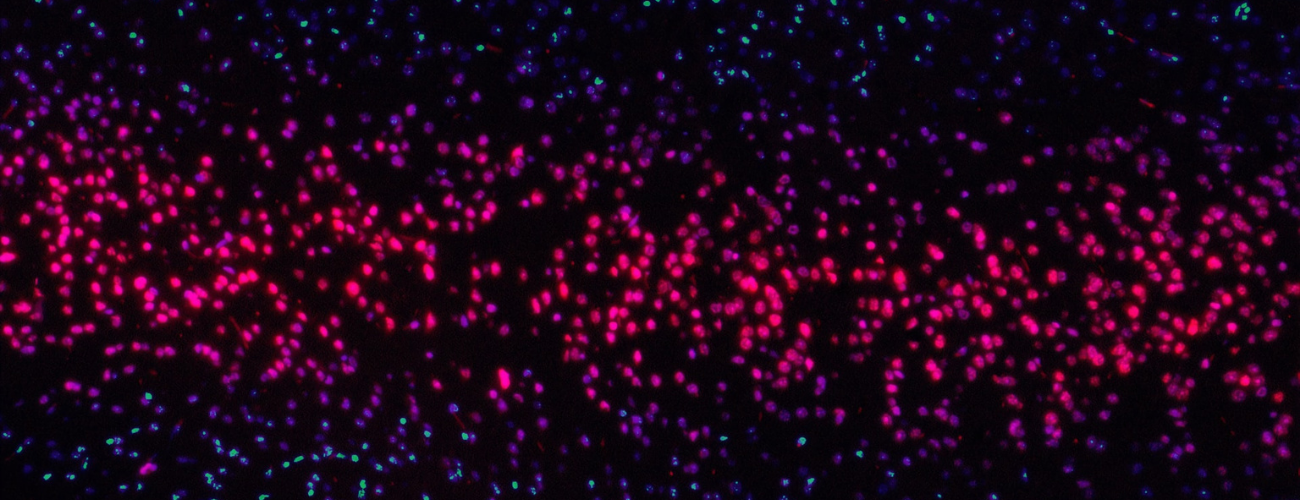And it is showing no signs of slowing down. 23andMe, the market leader, was originally priced at $1,000 — a cheaper price than rival Navigenics’ $2,500 kits, but still prohibitive to the average person. It wasn’t until 2009, when the company significantly lowered its prices, that consumer interest began to grow. By 2015, 23andMe, AncestryDNA, and other smaller genomics competitors had tested over one million people. By 2016, that number had more than doubled.
Today, 23andMe alone has genotyped over 5 million customers. 80% consented to letting the company use their data for research. In 2018, when GlaxoSmithKline, one of the biggest drugmakers in the world, gained exclusive rights to this data for drug discovery, the possibility of leveraging D2C genomics for large-scale scientific discovery became a reality. It also opened the door to new possibilities for partnerships — on the consumer and the business side. These could result in even bigger growth for the genomics market.
NewtonX recently conducted a market survey on the D2C genomics industry with executives at the top five leading genomics companies. We also spoke to their healthcare and tech partners. The results of the NewtonX survey data inform the insights in this article.
The Partnerships Shaping the Genomics Market
The D2C genomics market exists in a liminal space between health and tech. On the one hand, health information is highly regulated and not intended to be commoditized, but on the other hand, big data is intended to be commoditized, and commercial enterprises are not bound by the same obligations as medical institutions to protect the well-being of their customers. This tension has proven to be an effective route to success for 23andMe, but has resulted in the downfall of other companies in the space.
For instance, both Helix and Color Genomics started out as competitors to 23andMe in the D2C genomics space. Now, however, both companies have shifted gears and moved toward partnering with health institutions. By selling their services to healthcare companies, the genomics providers avoid the hairy issue of data usage. They also hope to gain access to a ready-made group of customers.
Conversely, 23andMe and Ancestry.com have continued to straddle the two worlds of healthcare and tech. Ancestry.com has partnered with Spotify to create “DNA-inspired” playlists as well as with Google’s life extension spinoff, Calico. 23andMe partnered with Airbnb for “heritage travel”. Both companies have also partnered with healthcare providers and research teams. However, they show no signs of abandoning the D2C model that enabled the data collection in the first place.
These partnerships will enable growth for the market on two fronts: the consumer side, where interest in genetics shows no signs of slowing down, and the healthcare side, where the need for genetic data is always high — not just for research purposes but also for insurance and preventative care.
The Future of Genetic Data: Privately Acquired and Publicly Shared
Both Ancestry.com and 23andMe have been upfront with consumers about their intents to share genomic data for the users who opt for this option. However, when 23andMe announced its latest pharma partnership, many users were outraged. They had agreed to share their data without actually reading what they were agreeing to. Ultimately, though, most customers still choose to opt into sharing their data. Consequently, healthcare organizations will still need to turn to these private companies for the most comprehensive genomic data sets.
For 23andMe, at least, sharing data with healthcare organizations has always been a part of the monetization and scaling strategy. As early as 2015, when 23andMe had only 650,000 individuals who opted into sharing data, the company partnered with Greentech and Pfizer on multi-million dollar deals. As genomics becomes more and more popular with consumers, the two market leaders in the space will have more and more leverage for building lucrative healthcare partnerships.

